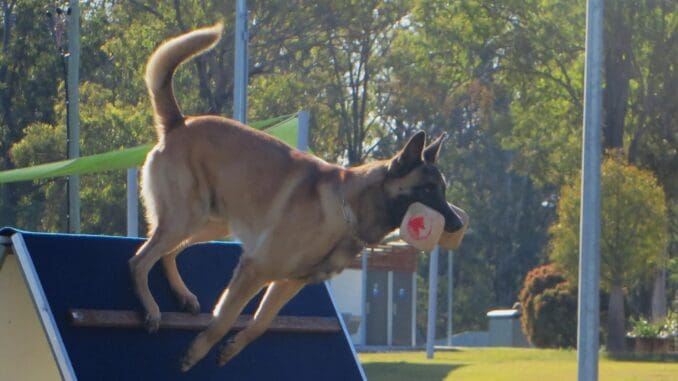
Thanks to over 200 participating vet clinics around Australia that offer a discounted fee, thousands of cats and dogs were desexed in 2023. Visit the website at www.ndn.org.au. There are two participating clinics on the Gold Coast, one is the AWL (animal welfare league) which gives additional discounts to pensioners and welfare recipients.
Desexing and neutering are umbrella terms for the surgical sterilisation of both female and male animals. Females are ‘spayed’ by removing the ovaries and uterus, and males are ‘castrated’ by removing the testes.
To desex or not is a much-debated topic. Desexing our pets greatly reduces the number of unwanted litters and possible suffering. The majority of pets registered with Councils are desexed, yet it is estimated a large percentage of unregistered pets have not been registered. This indicates the increased registration fees for a non desexed animal is not a deterrent. Councils only check on pet owners if there has been a nuisance complaint made.
Possible disadvantages of desexing; if before the age of 9-12 months it can result in a delayed closure of growth plates. These dogs are often taller and have longer limbs than dogs that are desexed once their growth plates have closed, especially for giant breeds. Owners should take this into account when exercising their puppies; be careful of injuries. Some breeders say desexing their dogs reduces drive and working ability but comparisons show the opposite. Physical growth rates and maturity depends on breed size, for a small dog around one-year, medium size 12-18 months and for large breeds 18 months or longer. A few female dogs that are desexed very young may experience some urinary incontinence.
The desexed dog usually does not learn behaviours such as being over territorial, roaming, excessive marking and aggressive displays. They have a longer life span,and have a lower risk of Testicular and prostate cancer. For females it reduces the risk of pyometra and mammary cancer. Most dogs that are trained as assistance and therapy dogs are desexed. So are military, the special forces and often police dogs, these dogs are easier to train and more focused on work.





